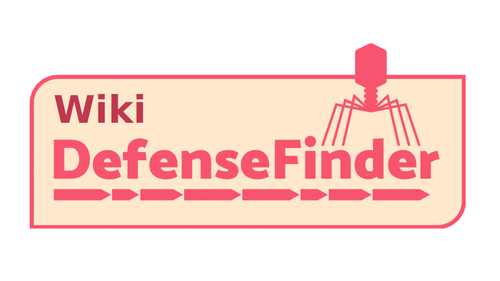
LEÃO Pedro
- RIBES - Microbiology, Radboud University, Nijmegen, Netherlands
- Bacteria and archaea, Bioinformatics
Recommendations: 0
Review: 1
Review: 1

A Comprehensive Resource for Exploring Antiphage Defense: DefenseFinder Webservice, Wiki and Databases
DefenseFinder update advances prokaryotic antiviral system research
Recommended by Sishuo Wang based on reviews by Pierre Pontarotti , Pedro Leão and 1 anonymous reviewerProkaryotic antiviral systems, such as CRISPR-Cas and restriction-modification systems, provide defense against viruses through diverse mechanisms including intracellular signaling, chemical defense, and nucleotide depletion. However, bioinformatic tools and resources for identifying and cataloging these systems are still in development. The work by Tesson and colleagues (2024) presents a significant advancement in understanding the defense systems of prokaryotes. The authors have provided an update of their previously developed online service DefenseFinder, which helps to detect known antiviral systems in prokaryotes genomes (Tesson et al. 2022), plus three new databases: one serving as a wiki for defense systems, one housing experimentally determined and AlphaFold2-predicted structures, and a third one consisting of precomputed results from DefenseFinder. Users can analyze their own data through the user-friendly interface. This initiative will help promote a community-driven approach to sharing knowledge on antiphage systems, which is very useful given their complexity and diversity. The authors' commitment to maintaining an up-to-date platform and encouraging community contributions makes this resource accessible to both newcomers and experienced researchers in the rapidly growing field of defense system research. Experienced researchers will find that there are ways to contribute to the future expansion of these databases, while new users can easily access and use the platform. Overall, the updated DefenseFinder, as well as the other databases introduced in the manuscript, are well-suited for researchers (both dry- and wet-lab ones) interested in antiphage defense. I am hopeful that the efforts by the authors will collectively create valuable online resources for researchers in this field and will foster an environment of open science and accessible bioinformatics tools.
References
Tesson F, Hervé A, Mordret E, Touchon M, d’Humières C, Cury J, Bernheim A (2022) Systematic and quantitative view of the antiviral arsenal of prokaryotes. Nature Communications, 13, 2561. https://doi.org/10.1038/s41467-022-30269-9
Tesson F, Planel R, Egorov A, Georjon H, Vaysset H, Brancotte B, Néron B, Mordret E, Atkinson G, Bernheim A, Cury J (2024) A comprehensive resource for exploring antiphage defense: DefenseFinder webservice, wiki and databases. bioRxiv, ver. 4 peer-reviewed and recommended by Peer Community in Genomics. https://doi.org/10.1101/2024.01.25.577194